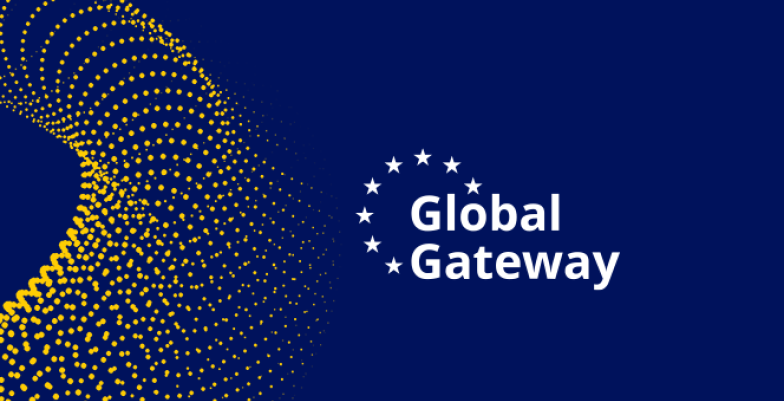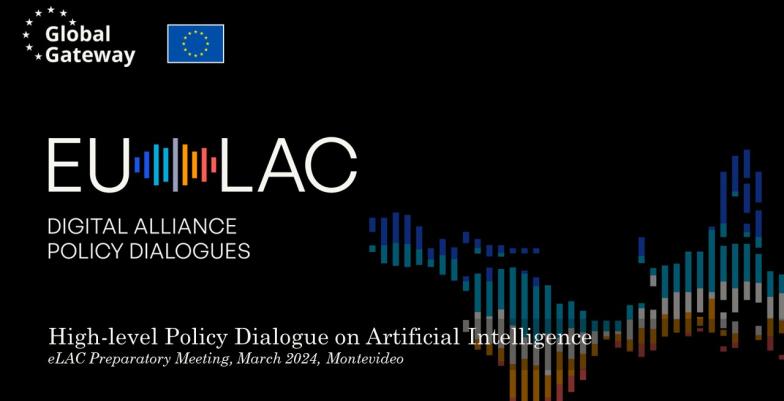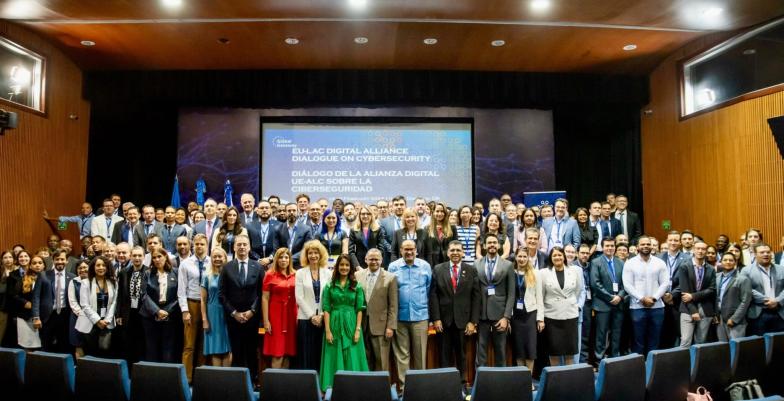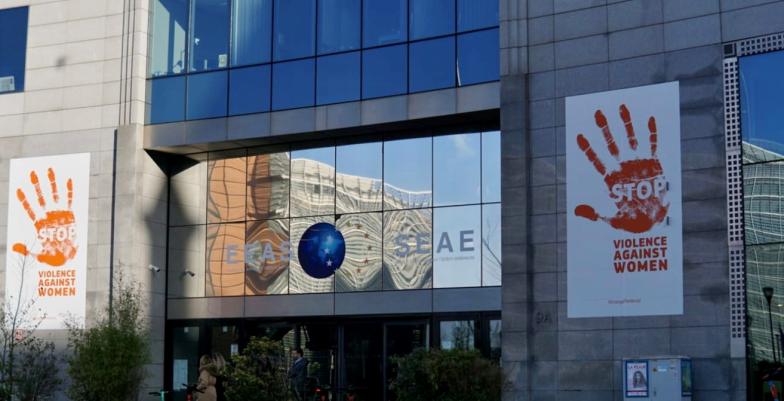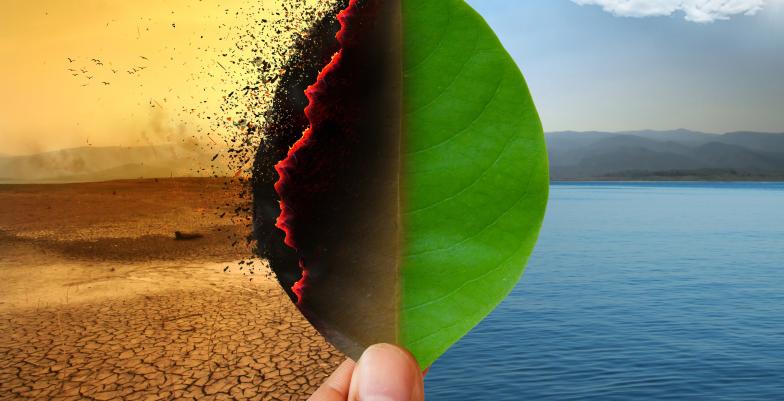Latin America and the Caribbean
The COVID-19 pandemic as an opportunity to build back better
By October 2021, COVAX had delivered over 30 million doses to 31 countries in the region. By the same date, the EU and its Member States had exported almost 40 million doses to 12 Latin American and Caribbean countries and donated more than 6 million doses to another 12 countries in the region.
In the long-term, the COVID-19 pandemic should be an opportunity to build more sustainable, resilient and inclusive societies, an occasion to “build back better”, as put by the United Nations Secretary General A. Guterres. EU and LAC foreign ministers, meeting in Berlin in December 2020, agreed to join forces to ensure a sustainable, digital and inclusive recovery, setting a joint and comprehensive agenda to bi-regional cooperation on this matter.
In this context, the EU is working closely with LAC partners to advance the transition towards a greener development model, greater protection of biodiversity, halting deforestation of the Amazon tropical forest, and more ambitious climate action under the Paris Agreement. Many LAC countries are key partners in this regard, advancing progressive green policies and leading voices in international negotiations like COP26.
The EU and LAC are also ideally positioned to step up their engagement on digital issues, being like-minded in terms their support for a human centric model of digital transformation. The two regions are connected through a high speed and secure data link, since the launch of a submarine transatlantic fibre optic cable in 2021 (BELLA). This cooperation could take the form of a ‘Digital Alliance’, based on shared priorities such as connectivity infrastructure, data protection, addressing digital inequalities, and advancing digital market integration through harmonised standards and regulatory frameworks.
Finally, the pandemic has shed a new light on the structural social and economic problems, such as inequality, slow economic growth, high levels of informal work and limited investment in social policies. With the shared objective to renew the social pact underpinning societies in the region, the EU and LAC is sharing experience and policy practices on strengthening social cohesion and reducing disparities, on areas such as social protection, gender equality, education and skills development, health and long-term care and fiscal policies. The flagship programme Eurosocial+, funded by the EU since 2005, advances dialogue and peer-to-peer learning between the EU and 19 LAC countries to reduce gender and socio-economic inequalities, enhance social cohesion and strengthen public institutions.

